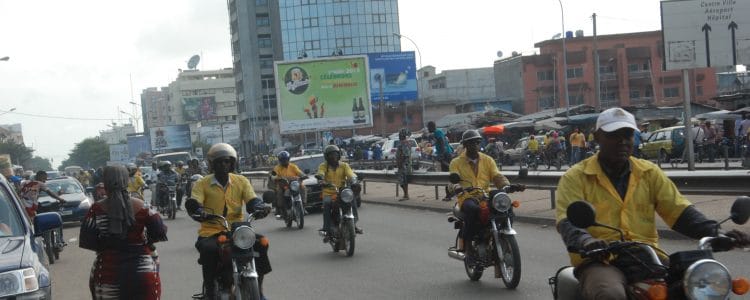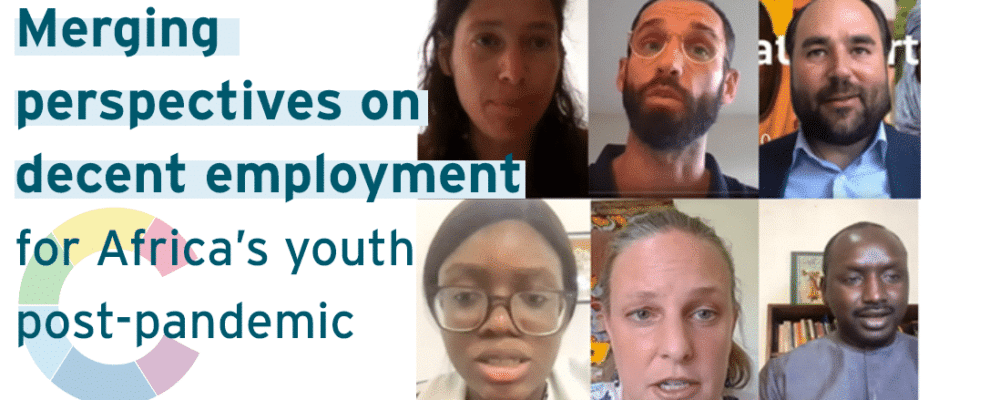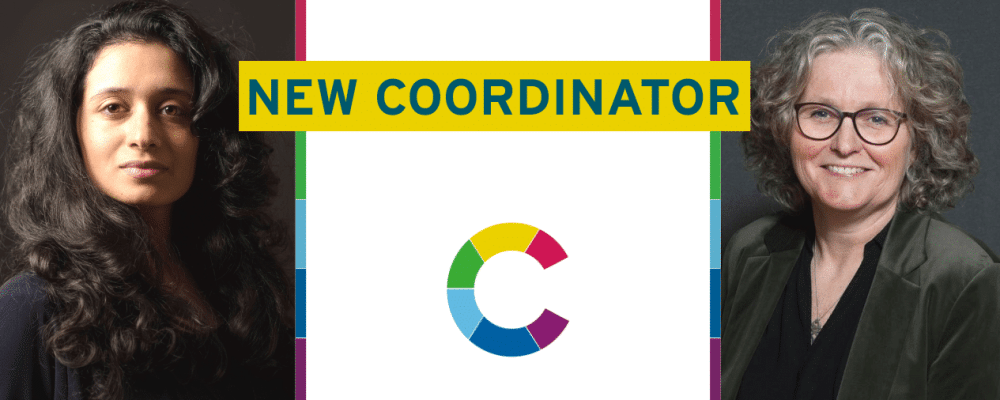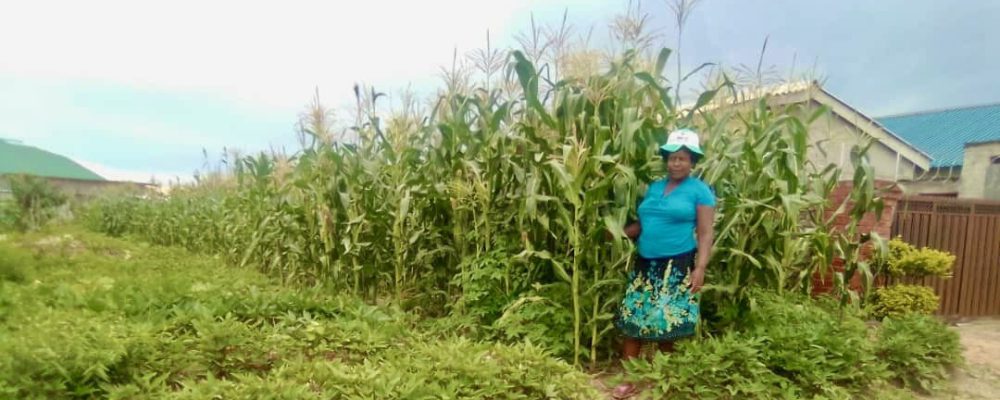
The research project ‘Increasing political leverage of informal and formal workers’ organizations for inclusive development in Ghana and Benin’ kicked off with an inception workshop in Cotonou in December 2014. Over the past 10 months, the programme has focused on (1) the mapping of recent manifestations of collective action by trade unions and informal workers’ organizations in defence of informal workers’ labour rights in Ghana and Benin, (2) a scoping exercise of the key trends in thinking and practice among development actors regarding the informal economy and informal workers, and (3) the development of a survey questionnaire to measure decent work deficits among informal workers, as well as their perceptions on the modes of operation of trade unions and informal workers’ organizations.
The maps were finalised in early May 2015 and have resulted in two country reports (based on a literature review and qualitative fieldwork) that detail the collective action by trade unions and informal workers’ organizations in Ghana and Benin. The reports show a long history of organizing in the informal economy in both countries and a diversity of strategies used by organizations. Four strategies were identified: organizing informal workers into sectoral trade union structures (mostly relevant for informal workers working in the formal economy, such as casual workers); ad hoc alliances between trade unions and informal workers’ organizations; trade union confederations or national unions affiliating informal workers’ organizations; and membership-based organizations of informal workers operating independently from trade unions. Based on the findings, the reports proposed four research areas (two for each country) for subsequent phases, which have been unanimously accepted by the consortium members. For Ghana, the focus areas will be Suame Magazine, a mechanics working zone in Kumasi, and the textile sector; in Benin, research will focus on the taxi-moto drivers (zemidjans) and the vendors in Cotonou’s Dantokpa market. These four areas provide a good mix in terms of the variety of collective action, power dynamics, decent work issues, importance of the sector, international linkages and gender. In-depth qualitative and quantitative research will be carried out in these areas over the next year and a half.
Between January and April 2015, preliminary research was also carried out for development chain analysis and to identify key trends in donor thinking with regard to informal workers and the informal economy. The data were gathered through a literature review, including analysis of donor policies related to informal work and the informal economy, as well as interviews with key actors in the development sector. The first results show an increased interest in ‘labour’ among development practitioners and acknowledgement of the importance of the informal economy as a driver of development in Africa, but also a need for better understanding of how informal workers operate and organize. Development projects tend to focus on business development and entrepreneurial opportunities within the informal economy, as opposed to supporting informal workers’ organizations as actors in civil society. Further research will be conducted in the following months building on these general observations, but focusing on the donor relations within the selected research fields.
In addition, progress has been made with regard to the surveys to be conducted in September 2015. The research team has worked hard on developing a questionnaire that captures decent work deficits, as well as workers’ motives for, and perceptions of, organizing in the informal economy in the selected sub sectors. All findings will be discussed in-depth during the country meetings scheduled to take place towards the end of the year.










